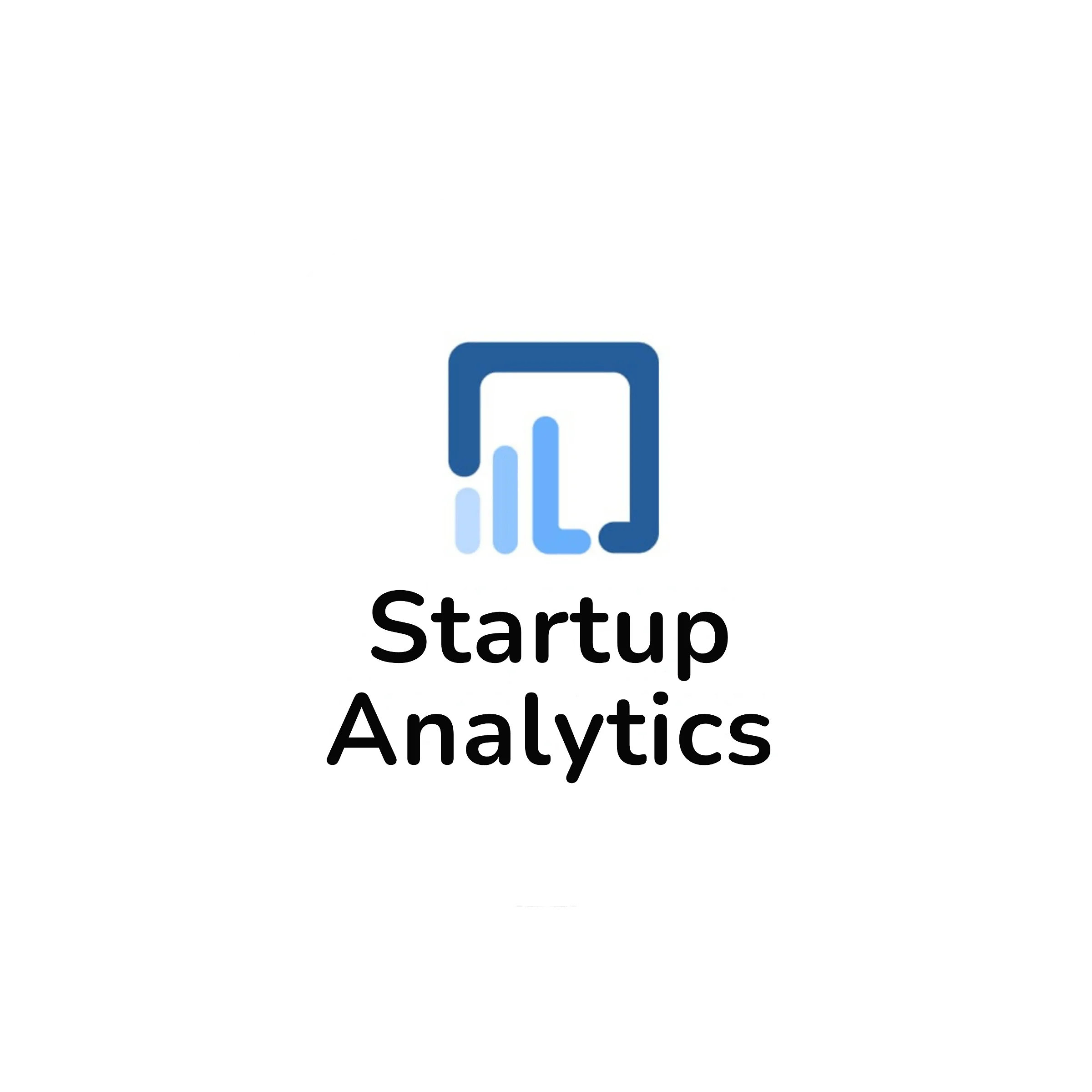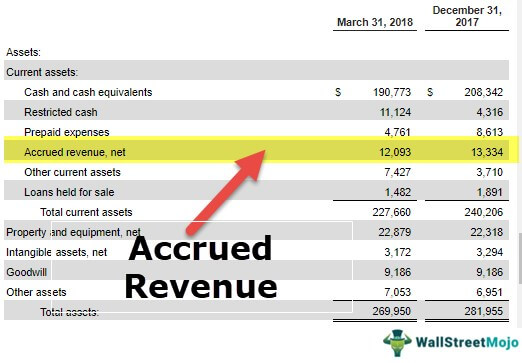Accounting is the language of business
Warren Buffet

One of the biggest challenges of running a business is the need to understand and leverage accounting. An understanding of accounting for startups will help run and understand the business better. As conveyed by the quote above, it’s indeed a language for businesses and a means to convey the health and aspects of the business through it.
Accrual Accounting
While as an individual, we typically deal only in cash. On the other hand, a business can have revenue, bookings and obligations/costs associated with it that occur over a long period of time (a few years). The typical cash-based accounting of things does not quite reflect the story completely and you need to rely on accrual-based accounting.
Accounting like code(programming) has certain standards like GAAP and FRS. However, plenty of aspects are open to interpretation and this is where the creative aspect comes in. Due to this, companies often try and present the best picture possible without completely letting in on the risks and assumptions made.
Typically, most startups by nature in the early days, are losing money. Some are still trying to figure out a viable business model. Thus, accounting for startups is equivalent in nature. The financial statements are no different from quarterly and annual mark sheets.
The Three Statements
There are a set of 3 main financial statements reported by a business. Each one of them tries to capture a certain aspect of the business performance and state of affairs. Accounting for startups is thereby similar to any other business but emphasises different areas of it.
- Income Statement (aka Profit/Loss Statement): This is your performance over the recent quarter or the year in case of an annual statement.
- In brief terms, the goal here is to capture, the incremental performance of the business. Think of this as the change in the state of affairs.
- One analogy with personal financials could be the combination of your salary and credit card statements.
- Balance Sheet: Basically reflects the current state of affairs for the company, it’s basically the assets and the liabilities of a company.
- The analogy of personal finance would be wealth. This is basically a reflection of all assets you own and any debts you owe.
- Your equity is basically the difference between Assets and Debts (Liabilities). A balance sheet tries to balance the equation Assets = Liabilities + Shareholder’s Equity
- Cashflow Statement: This is further divided into operating, financial and investing parts.
- Operational reflects cash generated by the business, financial reflects cash from shares issuance or raising of debt.
- Investing in cash generated from any investment activities, think interest or bond payments etc.
Accounting for startups thereby consists of an income statement that tells me how well the company performed in recent times. The Balance sheet is a reflection of the company’s strong long term state of affairs. Cash flow tells us how well liquidated the company is. Without cash and the ability to service obligations like rent, salaries, a company will die and thereby lose its ability to maximise share holder’s equity.
EBITDA & Gross Margin
From a startup’s standpoint, especially software firms, two of the key metrics are EBITDA and gross margins. EBITDA or Earnings before income tax, depreciation and amortisation reflect operational earnings/income generated by a firm minus the expenses.
- Income Tax: Most startups likely are not profitable earlier on and thereby income tax component is likely to be nothing.
- It gets important in situations when say, a company gets tax credits as incentives by the government. e.g. Tesla. To evaluate Tesla’s performance in that quarter/annual period, we can need to remove the tax credit’s components.
- Depreciation: All tangible assets owned by a company, in our context office furniture, laptops, devices and office buildings if owned by the firm etc can be depreciated over a period of time.
- Unlike individuals, assets are used by companies over a period of time.
- If my office furniture is worth 1000$ and I plan to use it for 5 years. I can depreciate the assets over 5 years period as 200$ expense every year. This allows me to lower my net income and taxes but then I need to reduce my asset value by a similar amount every year as well.
- Amortisation: Very similar to depreciation but for intangible assets. Let’s say, a company has a certain license/patent and a company has attributed certain goodwill to the same.
- The company would like to amortise the value of the patent over its entire period until expiry. e.g. A pharmaceutical company amortising its patent value over the remaining patent time.
- This can also include any kind of debt payments, instead of expensing entire interest payments in chunks, the company will spread the amount similar to an EMI over the repayment period.
More about EBITDA
![EBITDA | Formula & Meaning ]](https://investinganswers.com/sites/www/files/what-is-ebitda.jpg)
Given the accounting complications behind the income tax, depreciation and amortization. EBITDA is the most relevant and accurate measure of a company’s operational performance. EBITDA reflects if the company made more money than the cost of goods, which in the case of software is very small. The software can be replicated almost free of cost. Costs associated are things like recurring server costs etc.
EBITDA = Revenue – Cost of Goods
Just to be clear, EBITDA expenses does not include fixed costs like salaries of developers, office rents but rather operational expenses needed, like any other software subscriptions, support salaries etc. Because aspects like salaries, rents etc are not measured. An EBITDA positive firm can still be losing cash due to fixed expenses and associated costs.
Gross Margin is basically taking EBITDA and dividing it over the revenue. This gives a sense of the pricing power or how strong the business moat is. An increasing margin over a period of time is great while the other way around is not good. A light touch sales process would result in high gross margins and with sufficient volume of sales, the entire business might become profitable as well.
Conclusion
Besides the above, as the business scales and especially for firms with operational aspects like Amazon, Flipkart etc. The accounting gets more complicated and aspects like operational expenses vs capital expenditure have an impact on how these numbers treat the EBITDA calculation. Operational expenses are one time and CAPEX is spread across a period. This might help understand Flipkart/Amazon vs Income Tax Department. Hope you were able to gain some information on how to go about understanding accounting for startups.
Also read: Startup Fundraising (Term Sheet)


